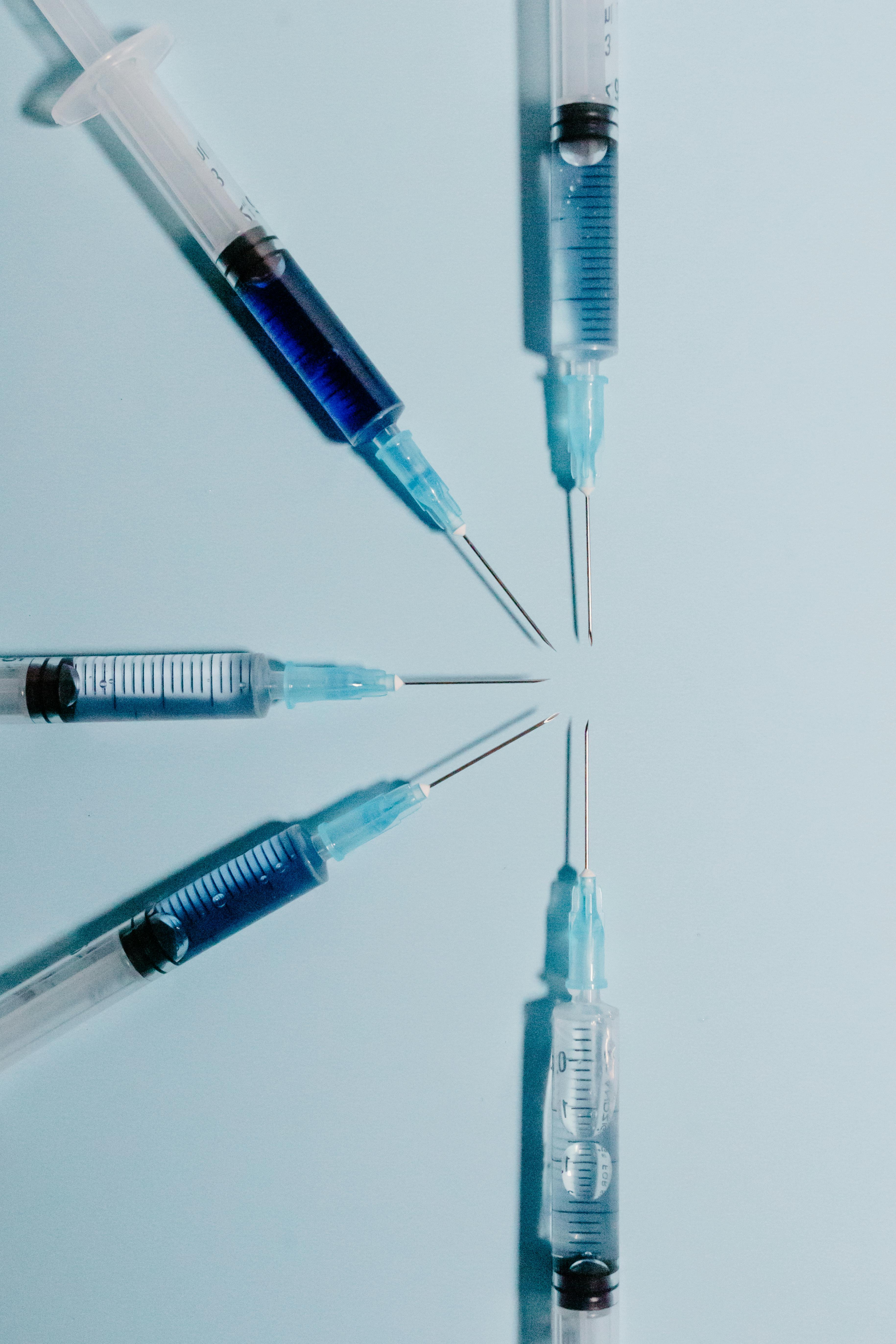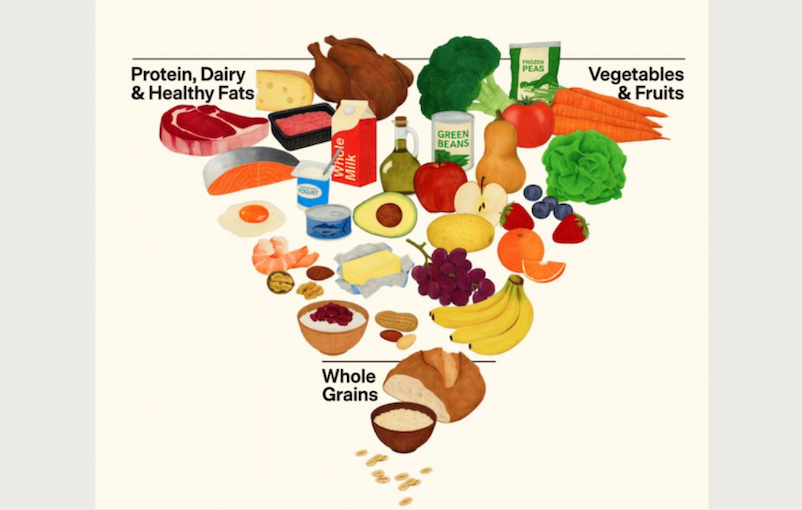Blood Sugar Unveiled: Spikes, Surprises, and Healthy Solutions
A guide to understanding blood sugar

A primary care membership for patients who want more. Primary Care. Nutrition. Wellness. All under one roof.
Blood sugar, also known as blood glucose, plays a vital role in maintaining our overall health and well-being. However, when blood sugar levels spike beyond normal limits, it can have serious consequences for our bodies. So, let’s explore the causes of blood sugar spikes, why they can be dangerous for our health, and foods that will make your blood sugar soar.
Understanding Blood Sugar
Blood sugar refers to the concentration of glucose present in the bloodstream. Glucose, derived from the carbohydrates we consume, is the primary source of energy for our cells. The body tightly regulates blood sugar levels to ensure a delicate balance between energy supply and demand. Insulin, a hormone produced by the pancreas, plays a crucial role in this process.
Causes of Blood Sugar Spikes
Several factors can contribute to blood sugar spikes, including:
High carbohydrate intake: Consuming a large amount of carbohydrates, especially refined and simple sugars, can lead to rapid spikes in blood sugar levels. Foods like sugary drinks, sweets, white bread, and pasta are notorious for causing such spikes (we’ll dive further into these below).
Lack of physical activity: Regular exercise helps improve insulin sensitivity, allowing the body to use glucose more effectively. Sedentary lifestyles and insufficient physical activity can make it challenging for the body to manage blood sugar levels efficiently, leading to spikes.
Stress and hormonal changes: Stress triggers the release of hormones like cortisol and glucagon, which can increase blood sugar levels. Additionally, hormonal changes during certain phases, such as menstruation or menopause, can impact blood sugar regulation.
The Dangers of Blood Sugar Spikes
While our bodies are designed to handle occasional spikes in blood sugar, consistent or severe spikes can have detrimental effects such as:
Increased risk of diabetes: Prolonged blood sugar spikes can contribute to the development of type 2 diabetes. When blood sugar levels remain consistently high, the body's insulin production and sensitivity can become impaired, leading to a chronic state of elevated blood sugar.
Cardiovascular complications: High blood sugar levels damage blood vessels and increase the risk of heart disease, stroke, and hypertension. Additionally, spikes in blood sugar can lead to the formation of harmful blood clots and contribute to the development of atherosclerosis.
Energy imbalances: When blood sugar levels rapidly rise and fall, it can result in energy crashes, fatigue, and difficulty concentrating. This can negatively impact daily activities and overall productivity.
Nerve damage: Prolonged periods of elevated blood sugar can damage the nerves, leading to neuropathy. This condition causes tingling, numbness, and pain, predominantly in the extremities.
What foods spike blood sugar?
Foods that are high in simple carbohydrates, such as white bread, pasta, and sugary drinks, can cause a rapid increase in blood sugar levels. Why does this happen? It is because they are quickly broken down into glucose and enter the bloodstream all at once.
Here's a list of foods that can send your blood sugar sky-high. Try to limit or entirely avoid the following:
White Bread: white bread is stripped of fiber and nutrients during processing, which makes it quickly digested and absorbed by the body, leading to a rapid rise in blood sugar levels.
Sugary Drinks: Sugar sweetened beverages like soda, juice, and energy drinks have high amounts of readily available glucose that spike and crash blood sugar levels. Consistent consumption of these beverages is associated with greater risk for type 2 diabetes, weight gain, and metabolic syndrome.
Candies: Sugary treats are loaded with sugars and syrups that increase blood glucose levels very quickly. Candy lacks any fiber or nutrients that would blunt a blood sugar spike.
Instant breakfast cereals: Just because it says “whole grain” or “fortified with vitamins and minerals” doesn't mean there's no sugar. The reality is cereals marketed directly to children have 85% more sugar, 65% less fiber, and 60% more sodium than cereals marketed to adults for adult consumption*. Even “adult” cereals have significant added sugar that lead to blood sugar spikes in the beginning of the day.
Processed snacks: Chips, cookies, and crackers often hide refined sugars. In fact, a recent report found that an estimated 74 percent of packaged foods contain added sugar. These foods can even include those that are labeled as “healthy” or “natural,” which doesn’t always translate to a low-sugar option. Review nutrient fact label to make an informed choice.
White rice: Similar to white bread, with limited fiber and a higher ratio of starch, white rice can lead to a swift rise in blood sugar.
Energy bars: Many are loaded with sugars disguised as healthy ingredients. There should be more protein than carbohydrates in a protein bar. Otherwise, it is a glorified candybar.
Flavored Yogurt: Often contains added sugars, even in the fruit-added varieties. Our tip is to buy no sugar added options and add your own fruit or honey to limit glucose spikes.
Sweetened condiments: Certain ketchup and salad dressings harbor hidden sugars. We like Primal Kitchen’s sugar free condiments.
Pastries: The combination of refined flour and added sugars spells trouble for blood sugar levels.
What foods won’t spike blood sugar?
Now that we've unmasked the troublemakers, let's shift gears and explore foods that won't send your blood sugar on a wild roller coaster ride. It's important to eat a balanced diet that includes a variety of foods prioritizing whole, unprocessed foods that are high in fiber, protein, and healthy fats. This will help slow down the absorption of glucose into the bloodstream and prevent blood sugar spikes.
Here are foods that won’t send your blood sugar soaring:
Leafy greens: Low in carbs, high in fiber and nutrient-rich which help balance blood sugar.
Berries: These delicious fruits offer a satisfying sweetness with a low glycemic index.
Avocado: Full of healthy fats and fiber in abundance make this a blood sugar champion.
Nuts: Packed with protein and healthy fats, they help slow down sugar absorption.
Chia seeds: Protein and fiber-dense seeds can be added to nearly any meal. High-fiber helps limit blood sugar excursions and stable blood sugar release.
Legumes: Beans, lentils, and chickpeas are high in fiber and protein, a combo that decreases glucose spike of meals and supports metabolic health.
Sweet potatoes: Although they contain carbs, their high fiber content mitigates blood sugar spikes.
Greek yogurt: a balanced blend of protein, fats, and minimal sugar keeps blood sugar steady and creates for a filling meal. Aim for an option without added sugar, added fruit, or added syrups.
Quinoa: A complex carbohydrate that releases sugar slowly, making it a smart choice. It is also very versatile and can be added to salads, casseroles, or as a side.
Cinnamon: This spice may help improve insulin sensitivity and regulate blood sugar levels. Try adding it to your morning coffee or overnight oats.
The Bottom Line
Understanding the impact of blood sugar on our bodies is key to maintaining a healthy lifestyle. By avoiding the blood sugar-spiking foods mentioned above and opting for the superstar foods that stabilize sugar levels, you can help prevent the spikes and enjoy steady energy throughout the day. Remember, balance is the key to keeping your blood sugar in check and promoting overall well-being. So, go ahead, make informed food choices and you’ll feel an instant difference.

If you're curious to learn more about The Lanby, book a free consult call and we'll chat about how The Lanby can be your personalized long term health and wellness partner.

Kendall is a graduate of the University of Mississippi, with a B.A. in Integrated Marketing Communications and a minor in Business Administration. She received her certificate of Nutrition Science from the Friedman School of Nutrition at Tufts University.

Chloe holds a bioengineering degree from the University of Pennsylvania. As a breast cancer survivor, her insights shape The Lanby's patient-centric approach. Leveraging her healthcare strategy background, Chloe pioneers concierge medicine, bridging gaps in primary care.

Tandice was recognized with the Health Law Award and named a Ruth Bader Ginsburg Scholar at Columbia Law School. Tandice's editorial role is enriched by her insights into patient autonomy and gene modification legalities. Passionate about bioethics, she is committed to crafting patient-centric healthcare solutions.





